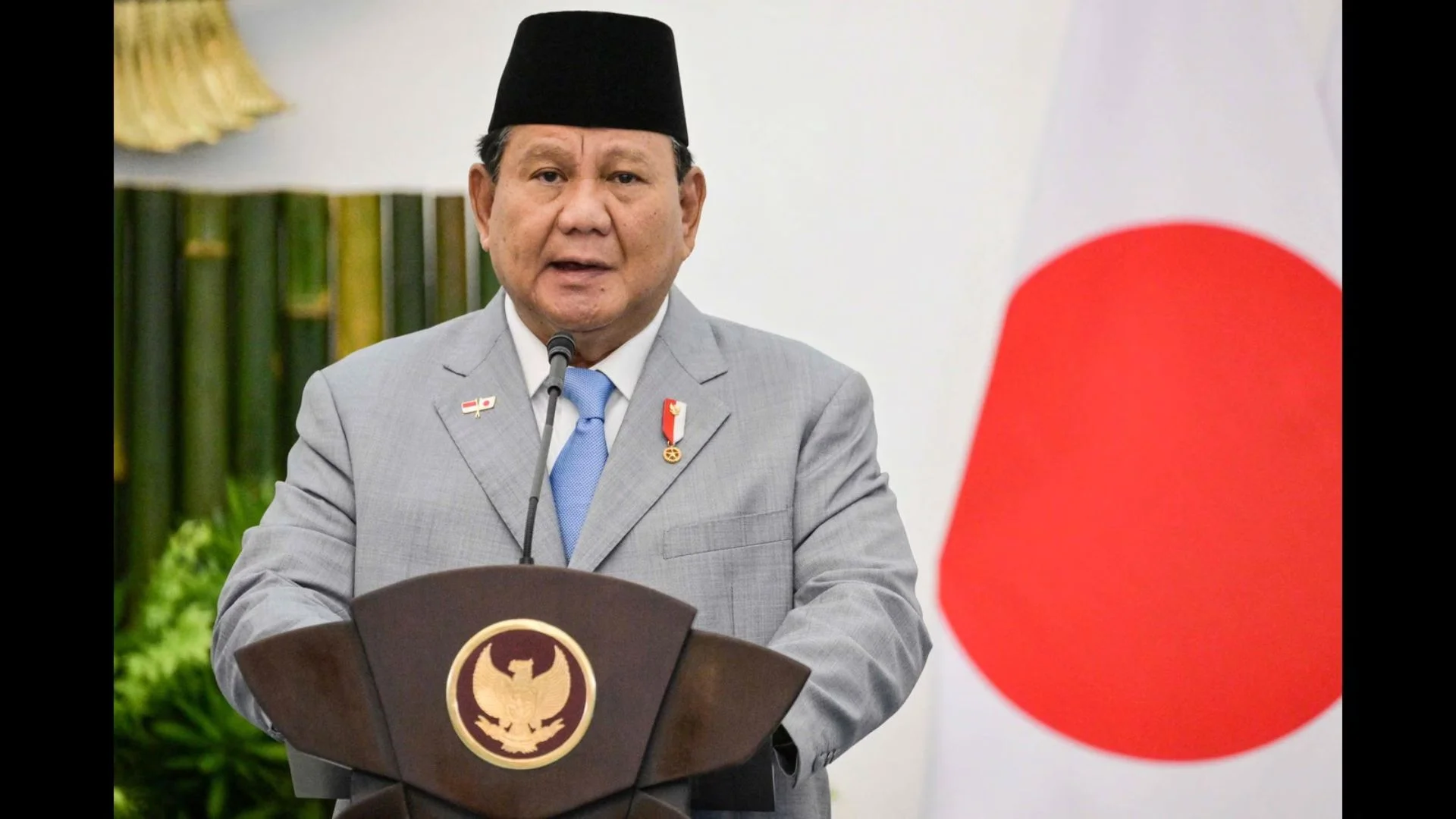It’s quite telling that the communiqué issued by Nato heads of state and government at the end of the summit in Brussels on Monday, 14 June, made around 10 references to China, and around 60 references to Russia, primarily in negative terms. One paragraph in the communiqué read: “Russia’s aggressive actions constitute a threat to Euro-Atlantic security; terrorism in all its forms and manifestations remains a persistent threat to us all… China’s growing influence and international policies can present challenges that we need to address together as an Alliance. We will engage China with a view to defending the security interests of the Alliance.” This can be interpreted as Nato striving hard to stay focused on the “Russian threat”—the raison d’être of the North Atlantic alliance—at a time when it is actually China that is trying to rewrite the international order with Chinese Communist characteristics that are essentially malign in nature. Even though the centre of gravity of geopolitics has shifted from the Atlantic Ocean to the Indo-Pacific, Nato countries, all of whom have deep economic ties with China, and are aware of China’s imperialistic ambitions, would rather talk about Russia.
It is in this context that the Wednesday meeting between US President Joe Biden and Russian President Vladimir Putin in Geneva has to be seen. It’s interesting, that in spite of all that focus on Russia, the President of the most important Nato nation chose to sit down with Nato’s biggest “enemy”—in fact a “killer” as Joe Biden described Vladimir Putin not too long ago. Globally, eyes are focused on how this meeting will revive US-Russia relations, and the talk is all about Putin’s alleged interference in US elections, his annexation of Crimea, his Syrian adventure, the treatment meted out to Alexei Navalny, etc. But these are crucial but more legacy issues than anything else, considering the long history of animosity between the US and Russia. But there is another way of interpreting the meeting—a feeble, or perhaps not so feeble, attempt to wean Russia away from China. Biden’s instincts seem to be right, in that he realizes that it’s better to mend ties with Putin than shove him into China’s lap, when the question is about confronting China. That Putin too decided to meet Biden could be an indicator of the willingness to mend fences, reeling as his country is from western sanctions, one of the reasons why he has been driven into China’s arms. As this writer has pointed out earlier too, China is gradually taking over Russia. Shunned by the West, Russia is funds starved and has no option but to be dependent on China. This level of dependency is obvious from the fact that China alone accounted for over 15% of Russia’s total trade in 2018, while Russia accounted for less than 1% of China’s total trade. The Chinese have flooded Russia with their technology; Russia’s manufacturing is coming under the control of the Chinese; Russia is going for Huawei for its 5G rollout; their defence ties are burgeoning. However, in spite of the apparent bonhomie between Russia and China, there have been hiccups in the relationship over China claiming Vladivostok or getting active in Central Asia, which Russia considers to be its area of influence, or by “carving” out a Polar Silk Route. There is a belief that Russia, one of the two most important global powers during the Cold War—the other being of course the US—does not like being a Chinese appendage. Hence, this meeting can perhaps be interpreted as Putin opening a door, however partially to “overtures” from the US. But then the burden of history sometimes can be too big to bear and there is too much trust deficit between the two enemies. For every step that President Putin takes, President Biden will have to walk two steps if he is serious about mending ties with Russia. If the Geneva meeting leads to a thaw in US-Russia ties, then geopolitics may take a new turn, which may not be to China’s liking. There is no doubt that Beijing is watching the meeting intently.
















